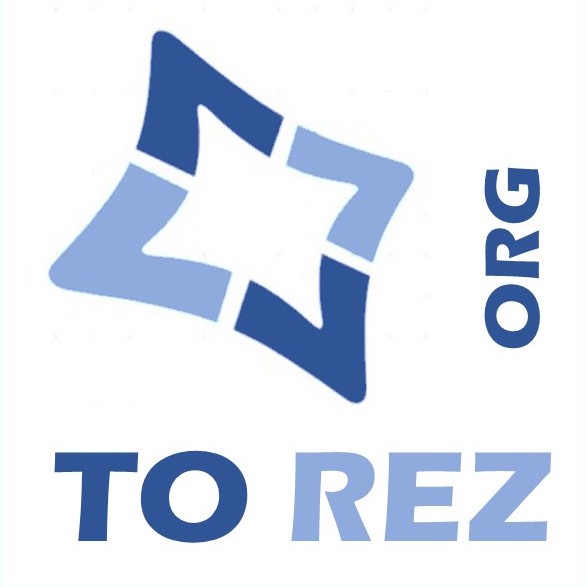By Natasha Bulowski | MAY 1, 2020 |
Sometimes it takes one crisis to bring another into the light.
By the end of March, in response to the global COVID-19 pandemic, all of Canada was in a state of emergency and self-quarantine. Thousands of businesses shut down, sending hundreds of thousands of workers home, with or without pay, indefinitely. In one week alone, a million people applied for employment insurance. Canadians with mortgages were struggling to secure deferred payments from the banks. And while some provinces had temporarily banned rental evictions, none had offered to pick up rent payments for those who had lost their income.
How were people supposed to live in these conditions for more than a few weeks? How were they going to afford their rent? A CCPA report in March by political economist Ricardo Tranjan found that of the 3.4 million households who depend on employment or self-employment income to pay their rent, more than 40% have less than one month’s worth of income saved. And of that group, nearly a quarter only have enough savings to last them a week in the event that they lose their income.
